OnePlus 9 Pro
Camera king
Pros
- QHD+ 120Hz AMOLED LTPO display
- Latest internal hardware with 5G
- Outstanding cameras
- Bloat-free software with fast updates
- 65W wired / 50W wireless charging
- IP68 dust and water resistance
Cons
- Sub-par battery life
- Limited 5G connectivity in the U.S.
- Expensive
The OnePlus 9 Pro offers key upgrades in all areas from last year. Up front is a 6.7-inch QHD+ 120Hz AMOLED that uses LTPO tech for dynamic refresh, and you get the latest internal hardware with 65W wired and 50W wireless charging. But the biggest upgrade is at the back: the OnePlus 9 Pro has one of the best cameras you'll find on any phone today, and if you take a lot of photos, you should upgrade.
OnePlus 8 Pro
Still going strong
Pros
- Vibrant 120Hz AMOLED display
- Rock-solid internal hardware with 5G
- Bloat-free software with fast updates
- 30W wired and wireless charging
- IP68 dust and water resistance
Cons
- Cameras not anywhere as good as 9 Pro
- Unwieldy design
Nearly a year after its launch, the OnePlus 8 Pro continues to be one of the best options in its category. The phone has a sublime 120Hz AMOLED panel, the Snapdragon 865 chipset holds up just fine to 2021 flagships, and there's 30W wired and wireless charging. But it all comes undone when talking about the cameras — the OnePlus 8 Pro just does not come close to what OnePlus is offering in 2021.
OnePlus struggled to deliver great cameras on its flagships — and that included last year's OnePlus 8 Pro. So for 2021, the manufacturer has partnered with Hasselblad to tune the cameras on the OnePlus 9 series, and the result is a huge leap forward. The OnePlus 9 Pro in particular has one of the best cameras you'll find today, so let's find out if you should upgrade to OnePlus' 2021 flagship.
OnePlus 9 Pro vs. OnePlus 8 Pro: Design and display
With the OnePlus 9 Pro, OnePlus has finally managed to deliver a great camera experience that puts it on par with the best Android phones today. The Hasselblad partnership has allowed the brand to unlock the full potential of the camera sensors, and the phone takes outstanding photos in just about any lighting condition.
The minimal design aesthetic makes the OnePlus 9 Pro look that much more elegant.
As for the OnePlus 8 Pro, the device continues to be a great overall option in 2021. The phone launched just ten months ago, and the hardware on offer is just as fast and fluid as the day it debuted.
Let's focus on the design side of things first. OnePlus has a new design language for 2021, and while the OnePlus 9 Pro has a few similarities to its predecessors, it ends up looking much more elegant. The new color options go a long way in achieving this — the phone is available in a glossy Morning Mist option (that's the one I'm using), as well as Pine Green and Stellar Black variants that have a matte finish.
There's also a redesigned camera module that looks great. The larger housing features two camera sensors prominently — with rings around the modules — and there's Hasselblad branding underneath the lenses. The rectangular housing doesn't protrude as much from the chassis as the oblong housing that's on the OnePlus 8 Pro, and it gives the phone a much more premium look.
But the biggest design change is around usability. The OnePlus 9 Pro is 2.1mm shorter and 0.7mm narrower, and the subtle tweaks have allowed for a more comfortable in-hand feel. The phone definitely does not feel as unwieldy in day-to-day use as the OnePlus 8 Pro, and I didn't have any issues using it without a case.
The OnePlus 8 Pro is by no means a bad-looking device — I like the Glacial Green color option and the matte finish — but the 9 Pro elevates the design of OnePlus phones. The phone has most of the ports in the same location as last year — you'll find the dual-SIM card tray to the left of the USB-C charging port, the volume rocker to the left, and the power button and alert slider on the right.
As for the display, both devices have a 6.7-inch QHD+ 120Hz AMOLED panels, but the 9 Pro has an edge in this category. The 2021 flagship features an LTPO display that allows it to dynamically alter the refresh — going from 120Hz all the way down to 1Hz. The panel itself is fantastic on both phones, and you get HDR10+ as well as identical stereo sound.
Another key difference with the screen is that although both phones have dual curved panels, the curvature is not as extreme on the 9 Pro, making it significantly easier to hold and use. I didn't have nearly as many issues with accidental touches on the device, and the weight distribution is also ideal — the 8 Pro still feels top-heavy to me.
OnePlus 9 Pro vs. OnePlus 8 Pro: Hardware and battery
When it comes to the hardware, the OnePlus 8 Pro is still a reliable choice in 2021. The Snapdragon 865 chipset feels just as fast and fluid as the Snapdragon 888 in most day-to-day tasks, and the phone has the same LPDDR5 RAM and UFS 3.1 storage modules as the 9 Pro.
The OnePlus 8 Pro is still a solid choice, but the OnePlus 9 Pro has the upgrades you want.
OnePlus says the 9 Pro has better thermal management, but in side-by-side use, both phones hold up the same for gaming. OxygenOS 11 has been optimized to take full advantage of the 120Hz panels, and the result is that both phones feel incredibly fluid in daily use.
Both phones also have IP68 dust and water resistance, and fast charging. The OnePlus 9 Pro gets an obvious edge in this particular area thanks to the upgrades this year: the phone has 65W wired and 50W wireless charging. The OnePlus 8 Pro, meanwhile, has 30W wired and wireless charging. It takes just over an hour to charge the 4510mAh battery on the 8 Pro, but just 29 minutes on the 9 Pro.
The software story is also identical between both devices as the OnePlus 8 Pro is now running OxygenOS 11. The interface itself is clean and devoid of any bloatware, and you get all the customization options you could want.
The OnePlus 9 Pro has more 5G bands than the 8 Pro, but for some bizarre reason OnePlus has limited 5G to T-Mobile in the U.S. at launch. You won't be able to use the OnePlus 9 Pro on AT&T or Verizon even if you buy the unlocked model, and that makes it a non-starter right now. OnePlus has mentioned that the phone will work on Verizon's 5G network at some point — it has the necessary 5G bands — but there's no telling when that will be the case.
OnePlus 9 Pro vs. OnePlus 8 Pro: Cameras
The OnePlus 9 Pro has a 48MP primary camera with a new Sony IMX789 lens, with the 8 Pro featuring the older Sony IMX689. Both phones have great wide-angle lenses; the 9 Pro has a 50MP module while the 8 Pro comes with a 48MP lens. They also share the same 8MP telephoto lens with 3x optical zoom, and the same 16MP camera at the front with a fixed-focus lens.
To round things off, the fourth rear camera on either device is pointless: there's a 2MP monochrome module on the 9 Pro, and a 5MP color filter on the 8 Pro. The OnePlus 9 Pro holds up much better in terms of video, with the phone able to shoot 8K video at 30fps and 4K at up to 120fps — the 8 Pro does 4K at up to 60fps.
OnePlus 9 Pro on the left, OnePlus 8 Pro to the right
The OnePlus 9 Pro comes with the Hasselblad Camera for Mobile, and it includes orange accents in the camera interface along with a new leaf shutter sound. Aside from that, the interface itself is unchanged from last year.
As you'd imagine, the OnePlus 9 Pro takes much better photos in just about any lighting scenario. The newer camera module combined with the Hasselblad color tuning makes a real difference here, and the phone delivers much more vibrant photos with excellent dynamic range and low noise levels. The 8 Pro tends to outdo the processing, and it results in finer details being lost. That's not an issue on the OnePlus 9 Pro, and the phone does a great job preserving detail and color accuracy even in demanding situations.
The OnePlus 9 Pro is the obvious choice here, but the 8 Pro doesn't have a bad camera by any measure. It isn't able to deliver flagship-grade photos, and if that's what you're after, then you will love what the OnePlus 9 Pro has to offer.
OnePlus 9 Pro vs. OnePlus 8 Pro: Specs
| OnePlus 9 Pro | OnePlus 8 Pro | |
|---|---|---|
| Operating system | Android 11 OxygenOS 11 |
Android 11 OxygenOS 11 |
| Display | 6.7-inch 120Hz LTPO AMOLED 3216x1440 (20.1:9) Dual curved screen Gorilla Glass 5 |
6.7-inch 120Hz Fluid AMOLED 3168x1440 (19.8:9) Dual curved screen Gorilla Glass 5 |
| Chipset | Snapdragon 888 1 x 2.84GHz Cortex X1 3 x 2.42GHz Cortex A78 4 x 1.80GHz Cortex A55 5nm |
Snapdragon 865 1 x 2.84GHz Cortex A77 3 x 2.42GHz Cortex A77 4 x 1.80GHz Cortex A55 7nm |
| GPU | Adreno 660 | Adreno 650 |
| RAM | 8GB/12GB LPDDR5 | 8GB/12GB LPDDR5 |
| Storage | 128GB/256GB UFS3.1 | 128GB/256GB UFS3.1 |
| MicroSD slot | ❌ | ❌ |
| Rear camera 1 | 48MP Sony IMX789 f/1.8, 1.12um, OIS, EIS 8K at 30fps, 4K at 120fps Hasselblad Camera for Mobile |
48MP Sony IMX689 f/1.78, 1.12um, OIS 4K at 60fps |
| Rear camera 2 | 50MP Sony IMX766 (wide-angle) f/2.2, freeform lens 4K at 60fps |
48MP (wide-angle) f/2.2, 119-degree field-of-view |
| Rear camera 3 | 8MP telephoto f/2.4, 1.0um 3x optical zoom |
8MP telephoto f/2.4, 1.0um 3x optical zoom |
| Rear camera 4 | 2MP monochrome camera | 5MP Color Filter |
| Front camera | 16MP Sony IMX471 f/2.4, 1.0um, EIS Fixed focus |
16MP Sony IMX471 f/2.4, 1.0um, EIS Fixed focus |
| Connectivity | Wi-Fi 6, Bluetooth 5.2 NFC, AptX HD, A-GPS |
Wi-Fi 6, Bluetooth 5.1 NFC, AptX HD, A-GPS |
| 5G (North America) | Sub-6: N1, 2, 3, 5, 7, 8, 25, 28, 38, 40, 41, 48, 66, 71, 77, 78 mmWave: N258, 260, 261 |
Sub-6: N2, 5, 41, 66, 71 |
| 5G (Europe) | Sub-6: N1, 3, 5, 6, 8, 20, 28, 38, 40, 41, 66, 77, 78 | Sub-6: N1, 3, 7, 78 |
| 5G (India) | Sub-6: N41, 78 | Sub-6: N78 |
| Battery | 4500mAh (2 x 2250mAh), USB-C 3.1 65W Warp Charge 65T (10V/6.5A) 50W Warp Charge 50 Wireless (In: 10V/6.5A, 20V/3.25A; Out: 50W max) |
4510mAh, USB 3.1 30W Warp Charge 30T (5V/6A) 30W Warp Charge 30 Wireless |
| Audio | USB-C Stereo speakers |
USB-C Stereo speakers |
| Security | In-display fingerprint (optical) | In-display fingerprint (optical) |
| Dimensions | 163.2 x 73.6 x 8.7mm | 165.3 x 74.3 x 8.5mm |
| Weight | 197g | 199g |
| Colors | Morning Mist, Pine Green, Stellar Black | Onyx Black, Glacial Green, Ultramarine Blue |
OnePlus 9 Pro vs. OnePlus 8 Pro: Which should you buy?
I don't usually recommend upgrading to a new phone in just a year's time, and that's particularly true for OnePlus devices. OnePlus uses the latest available hardware in its flagships, and that makes ensures they hold up just fine even after a few years' worth of use.
You should upgrade to the OnePlus 9 Pro for the camera alone.
The OnePlus 8 Pro launched under a year ago, and the hardware itself is still rock-solid. The 120Hz QHD+ AMOLED measures up very well to the display on the 9 Pro, and the device feels just as fluid in day-to-day use.
But as good as the OnePlus 8 Pro is in 2021, it doesn't come anywhere close to the OnePlus 9 Pro in terms of cameras. So if you've been itching to get your hands on a OnePlus phone with a great camera, you should make the switch to the OnePlus 9 Pro.
If you're upgrading from another phone and are considering these two options, you'll need to act fast. OnePlus says the 8 Pro will be available only until units last, so if you don't mind missing out on the new cameras and want the OnePlus 8 Pro, you should buy right now.
OnePlus 9 Pro
Camera king
Truly outstanding cameras
The OnePlus 9 Pro delivers one of the best cameras on Android today. The upgraded camera modules along with Hasselblad color tuning have made a huge difference from last year, and while the rest of the hardware upgrades are also exciting — particularly 65W wired and 50W wireless charging — you'll want to upgrade just for the incredible cameras.
OnePlus 8 Pro
Still going strong
Still a great phone — now at a lower cost
The OnePlus 8 Pro has plenty to offer in 2021. The phone is still one of the fastest around, the 120Hz QHD+ AMOLED panel continues to be great, and the hardware here is good for several years. But the camera continues to be its biggest drawback; it just does not measure up to the 9 Pro in this particular regard.
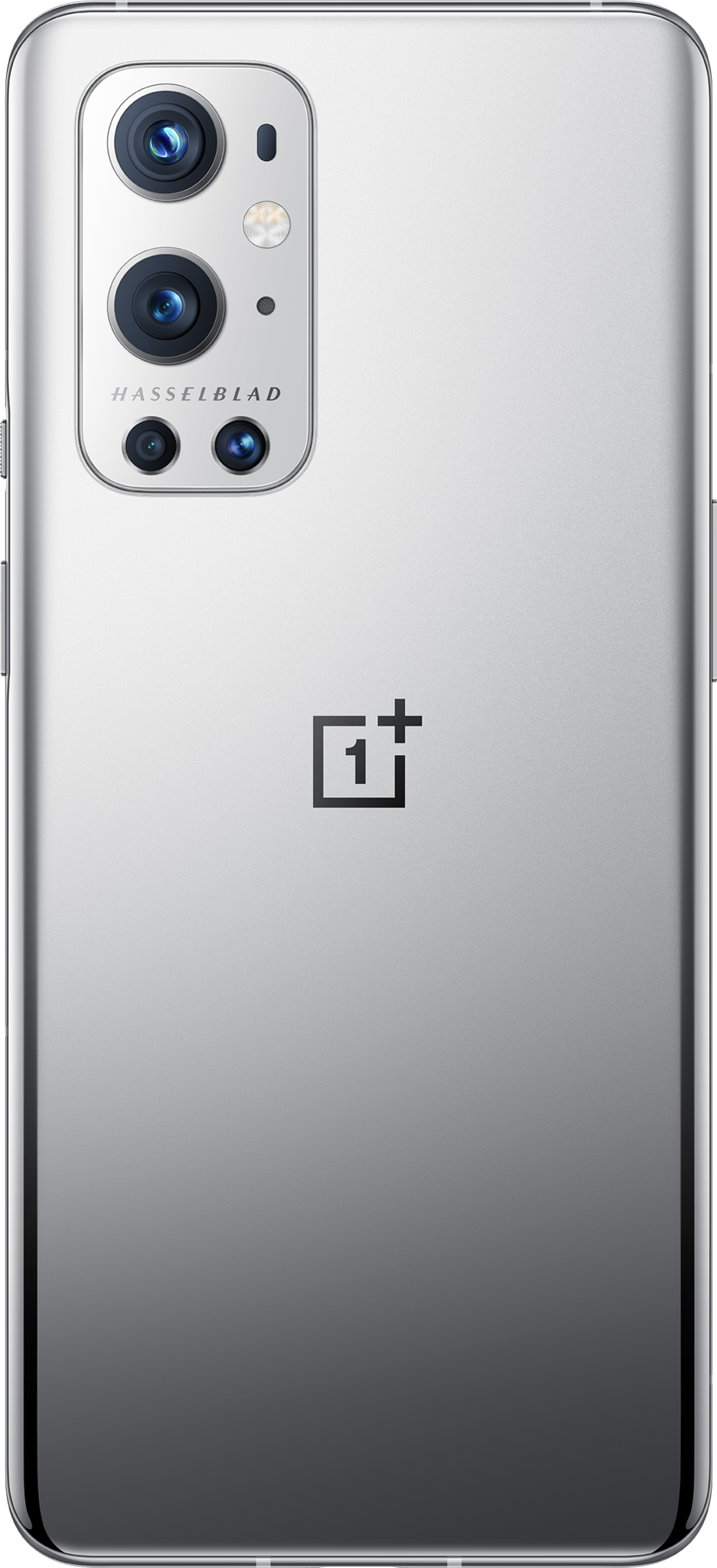
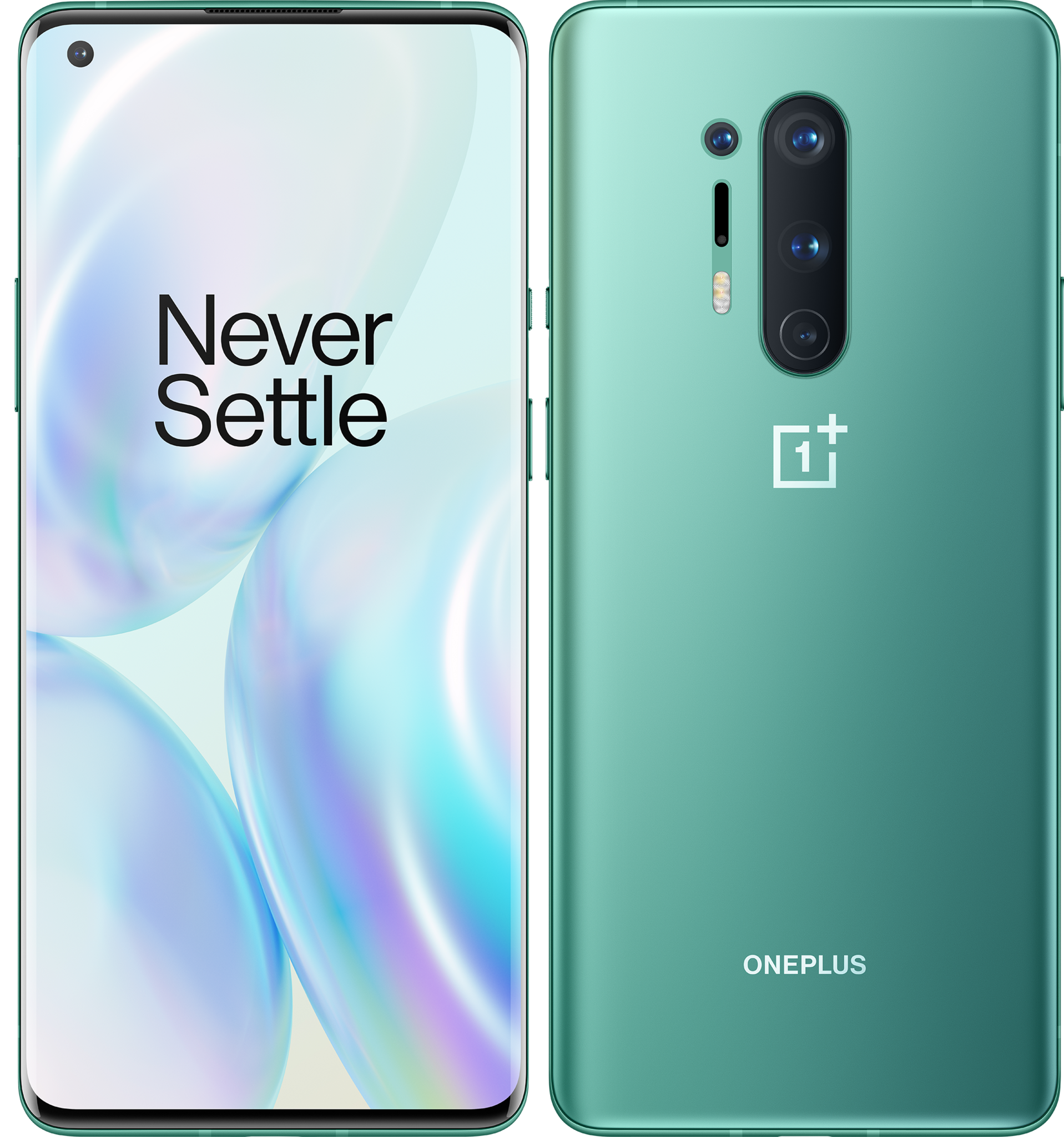
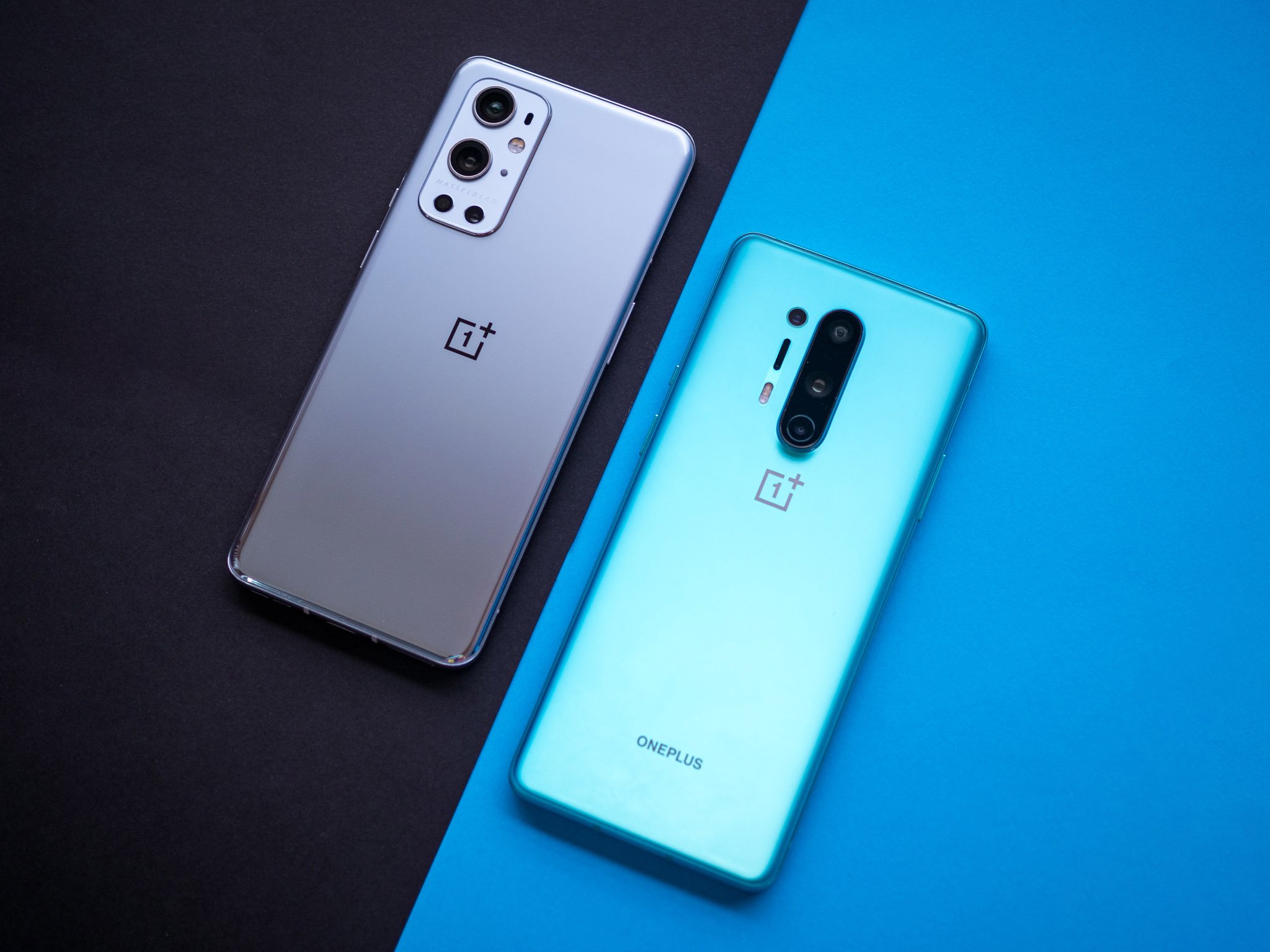
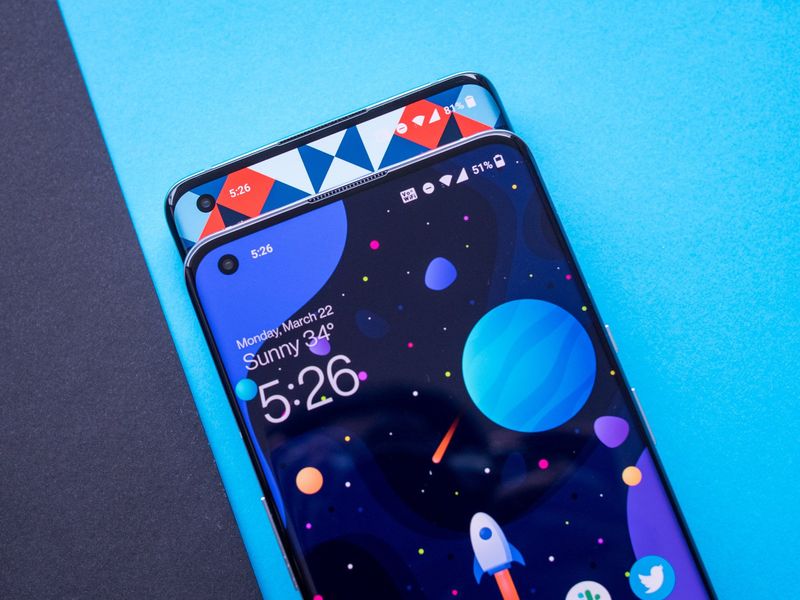
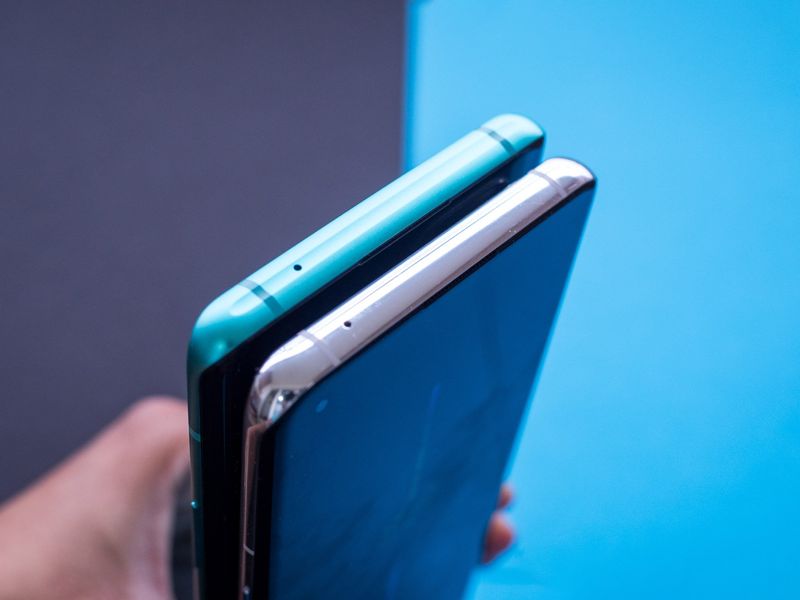
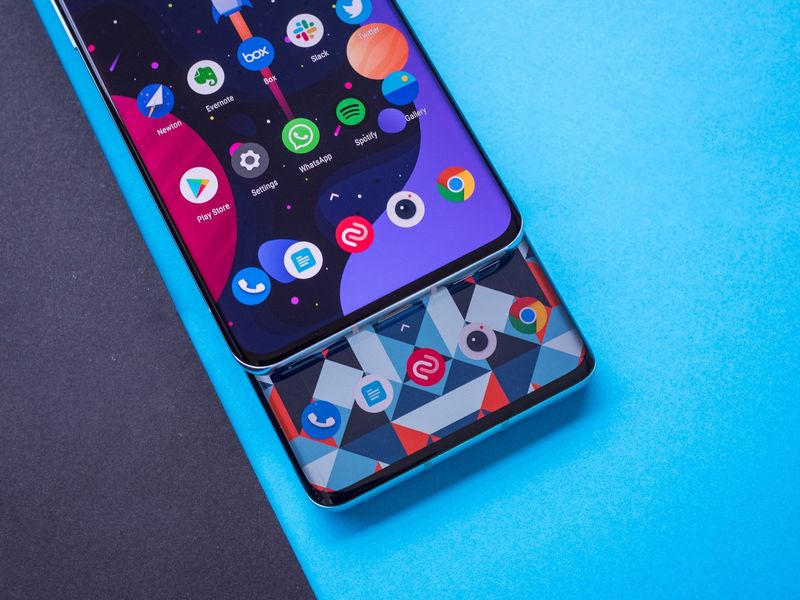
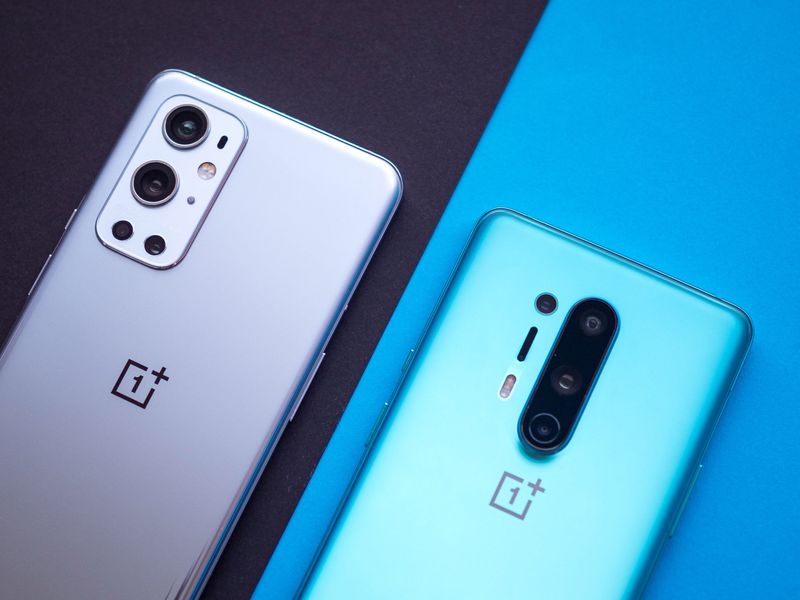
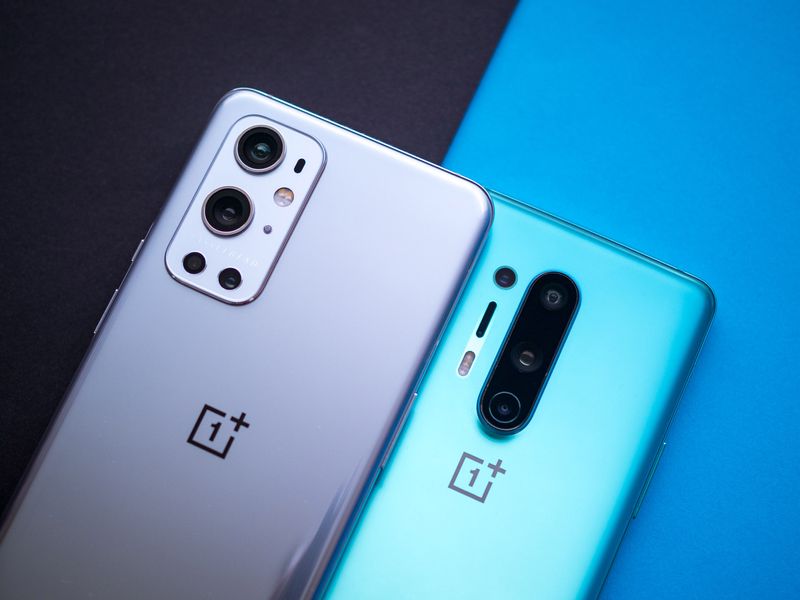
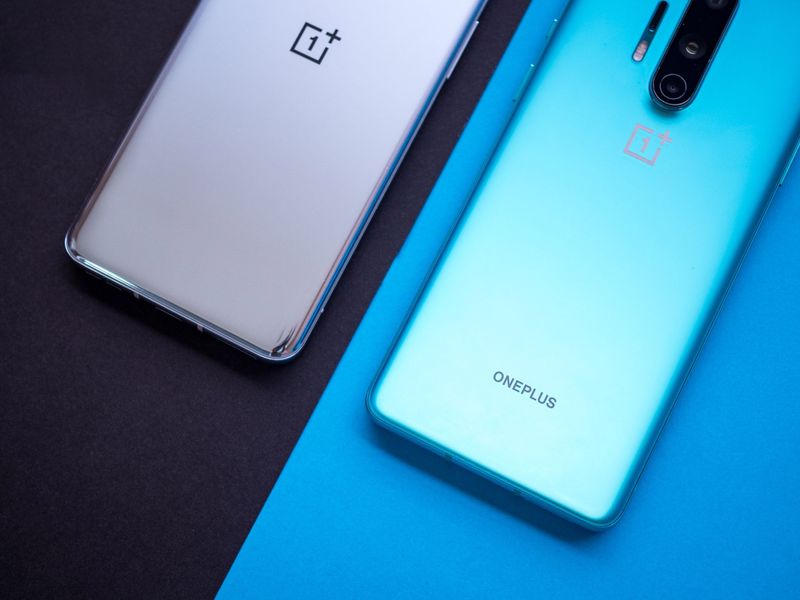
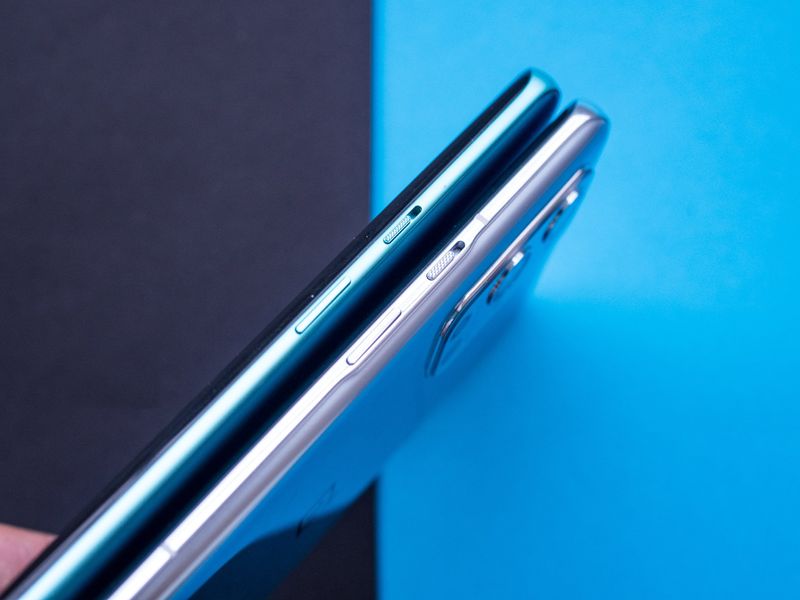
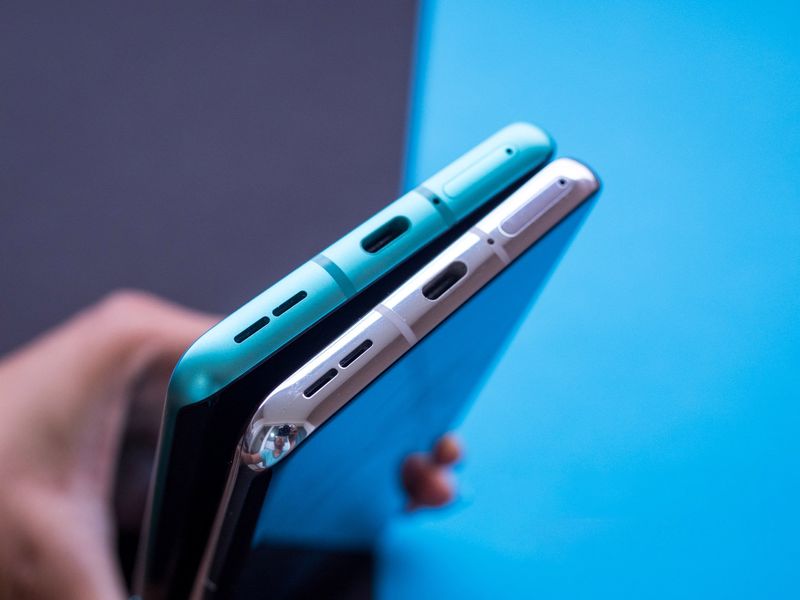
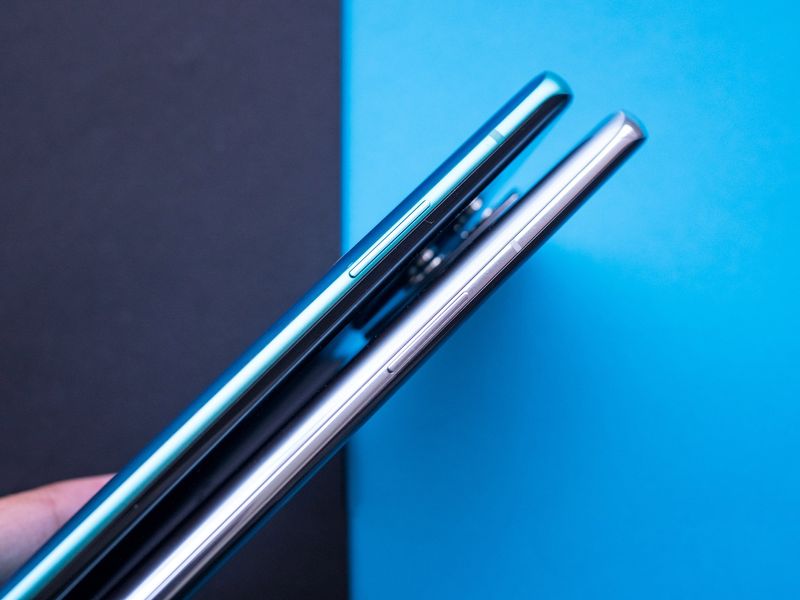
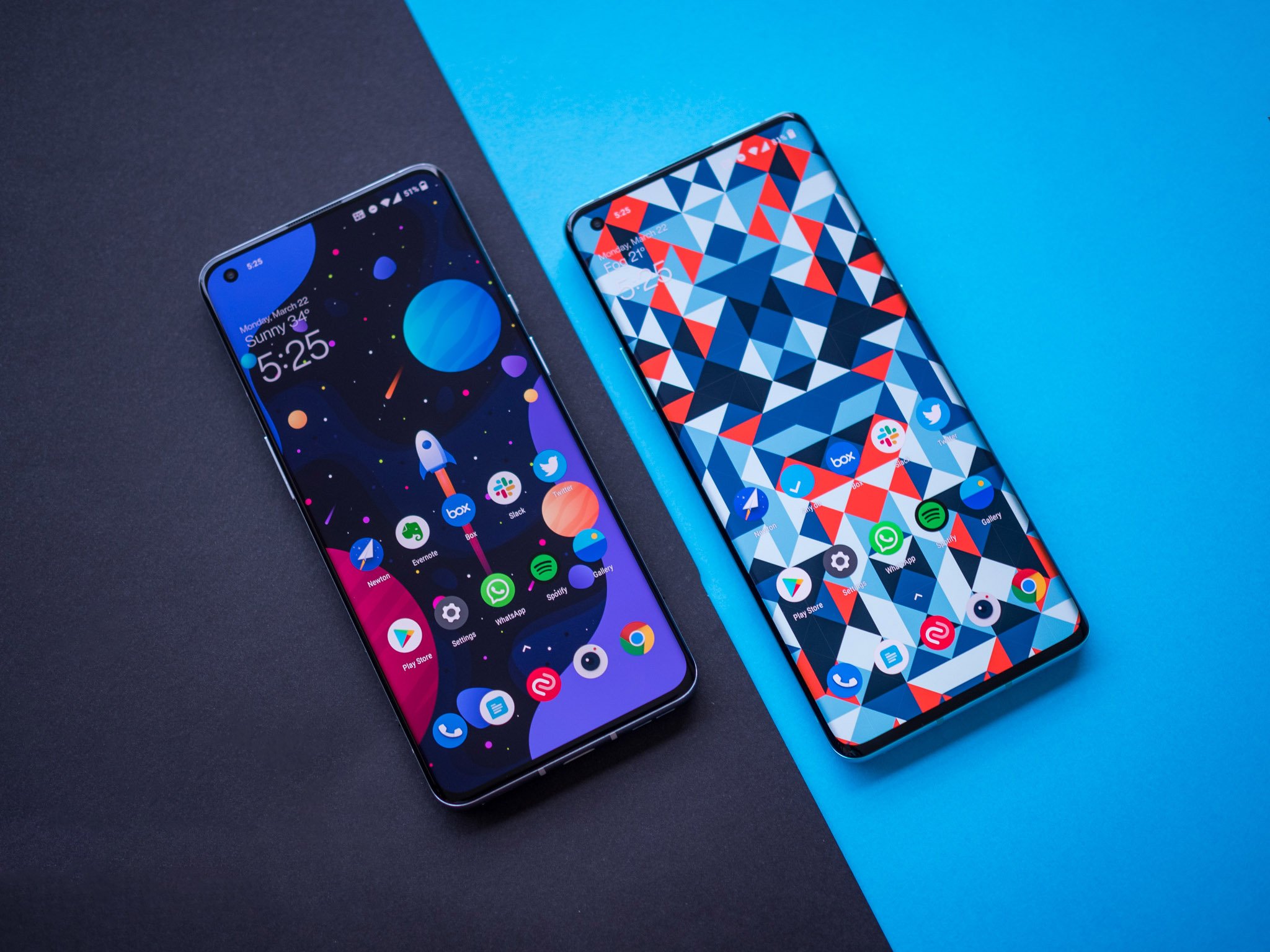
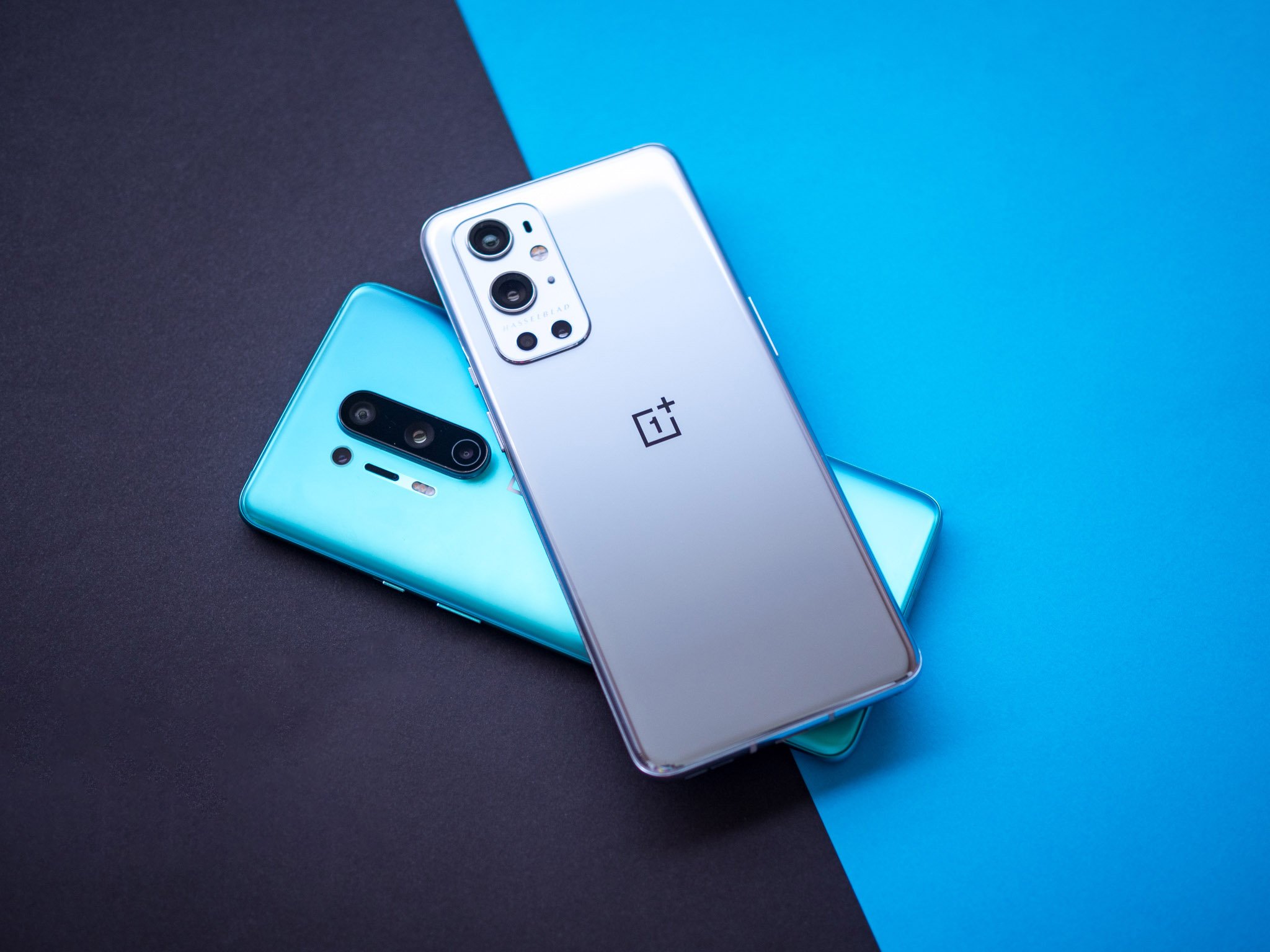
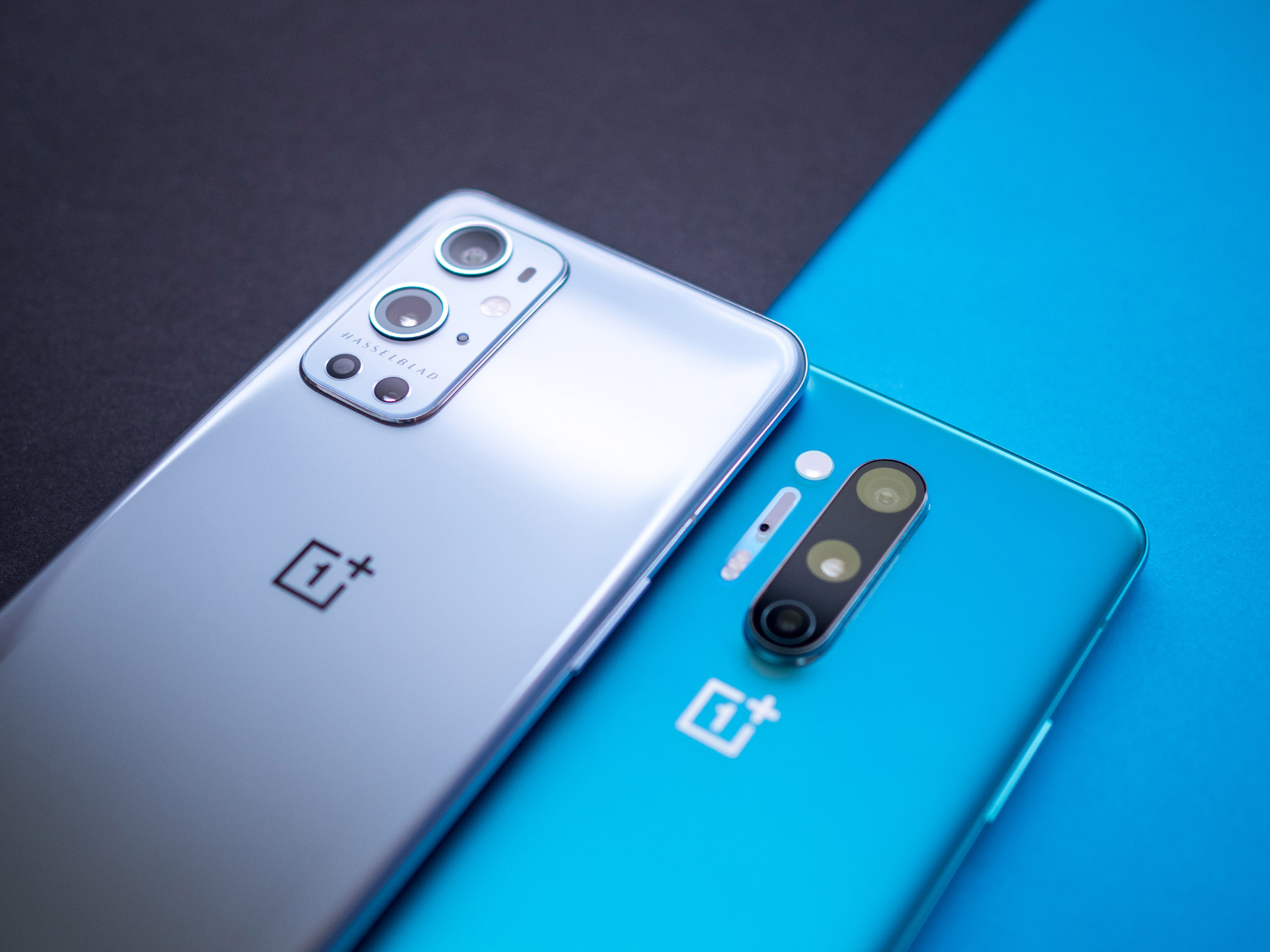
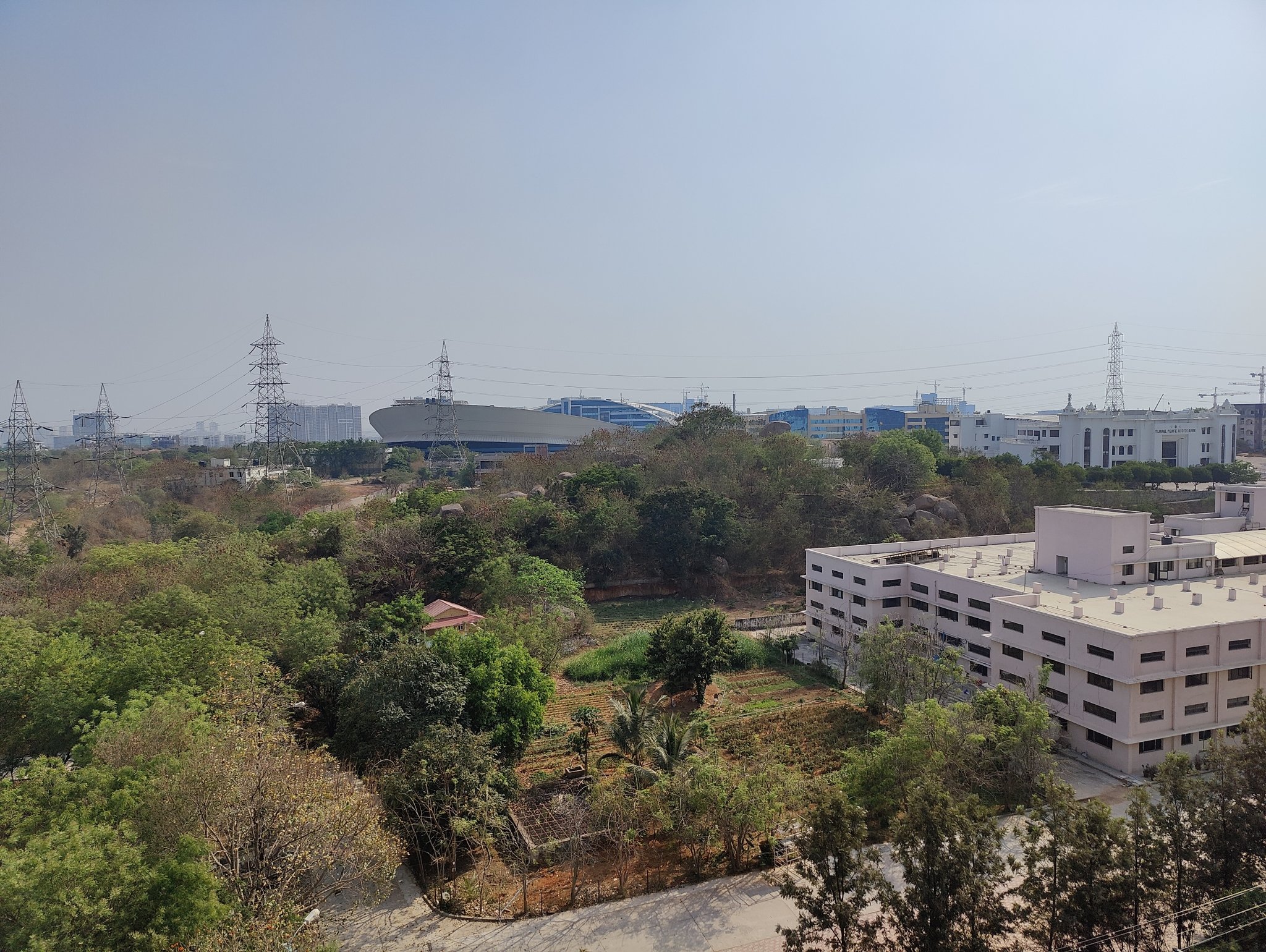
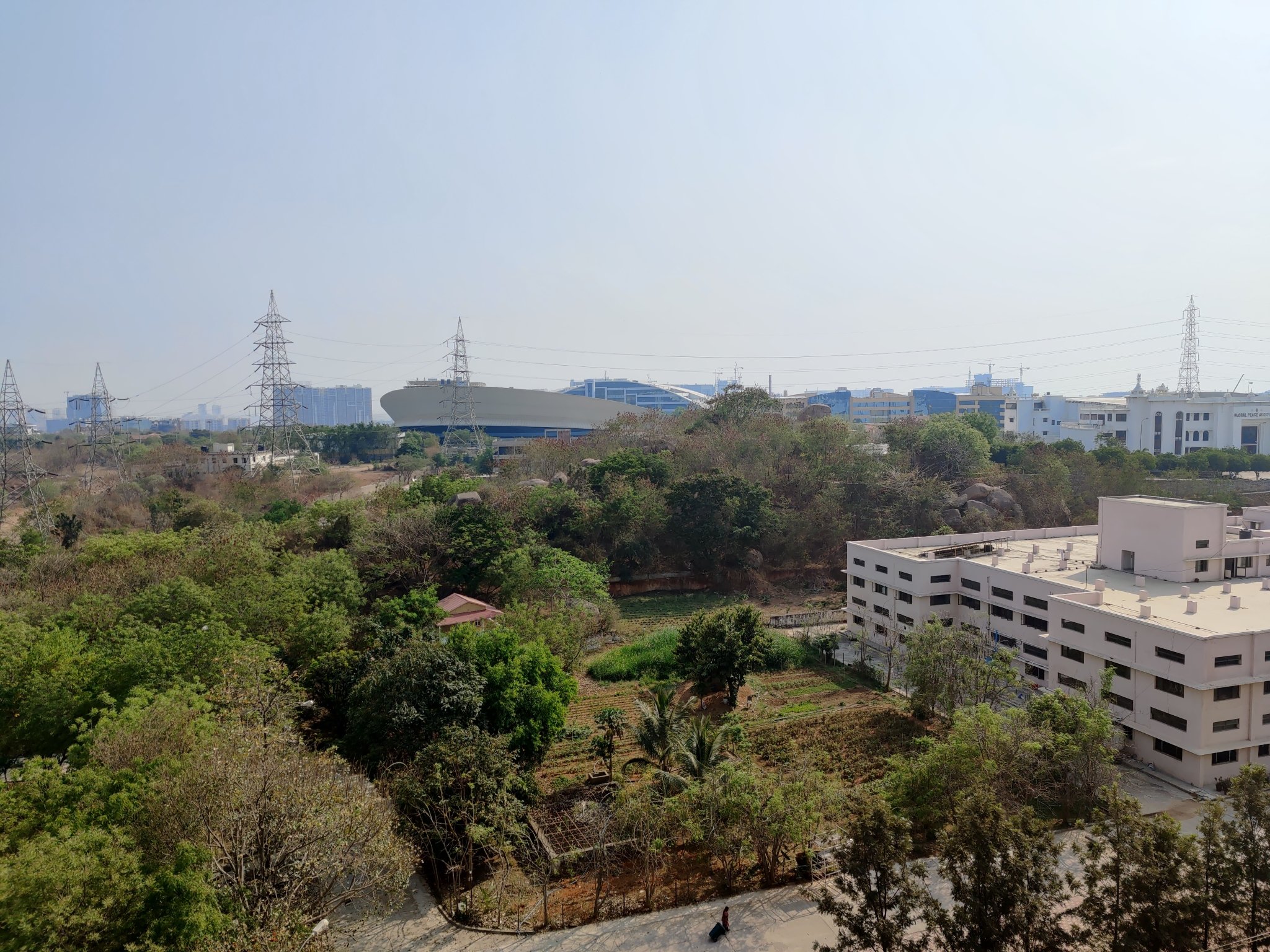
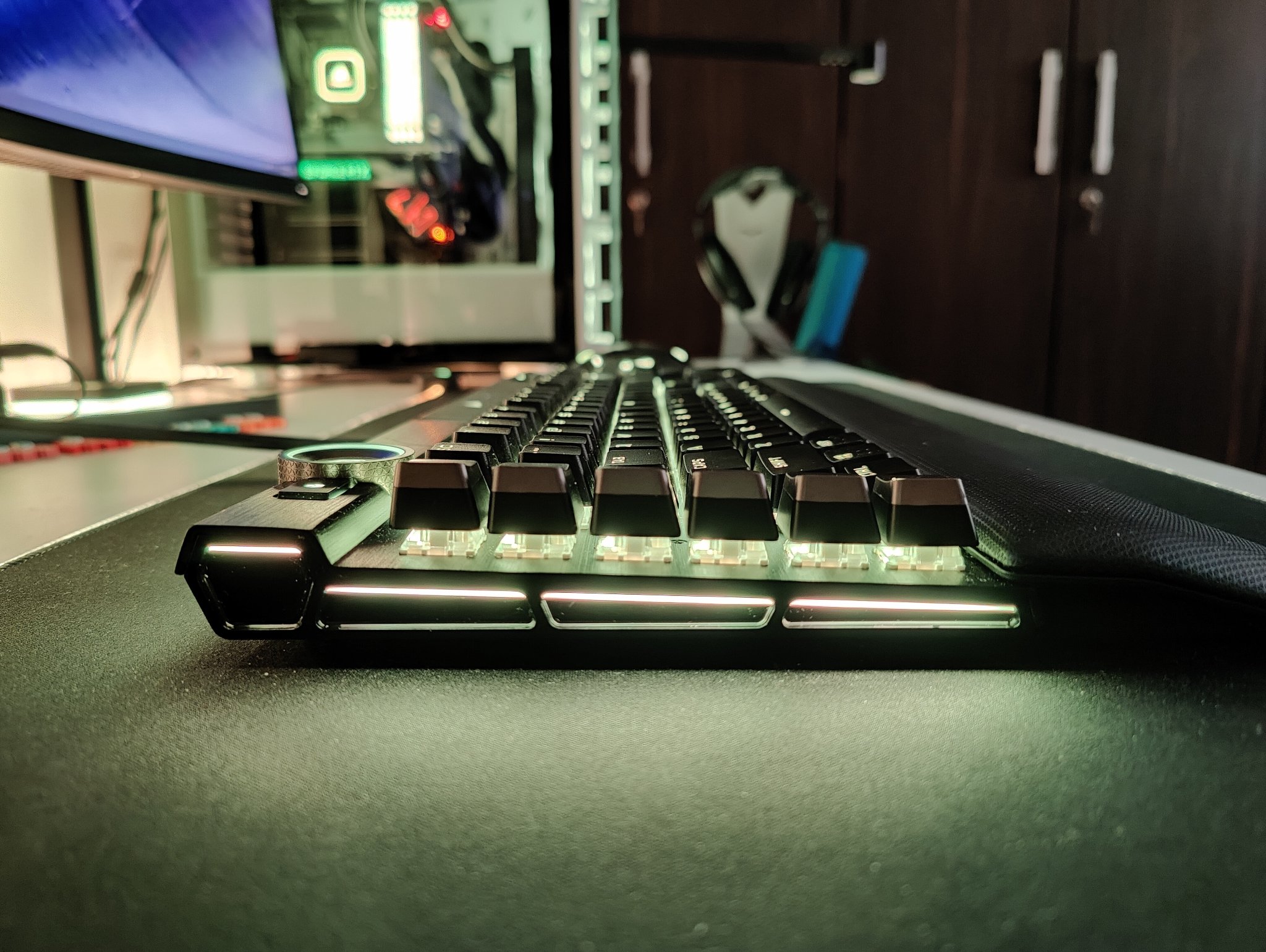
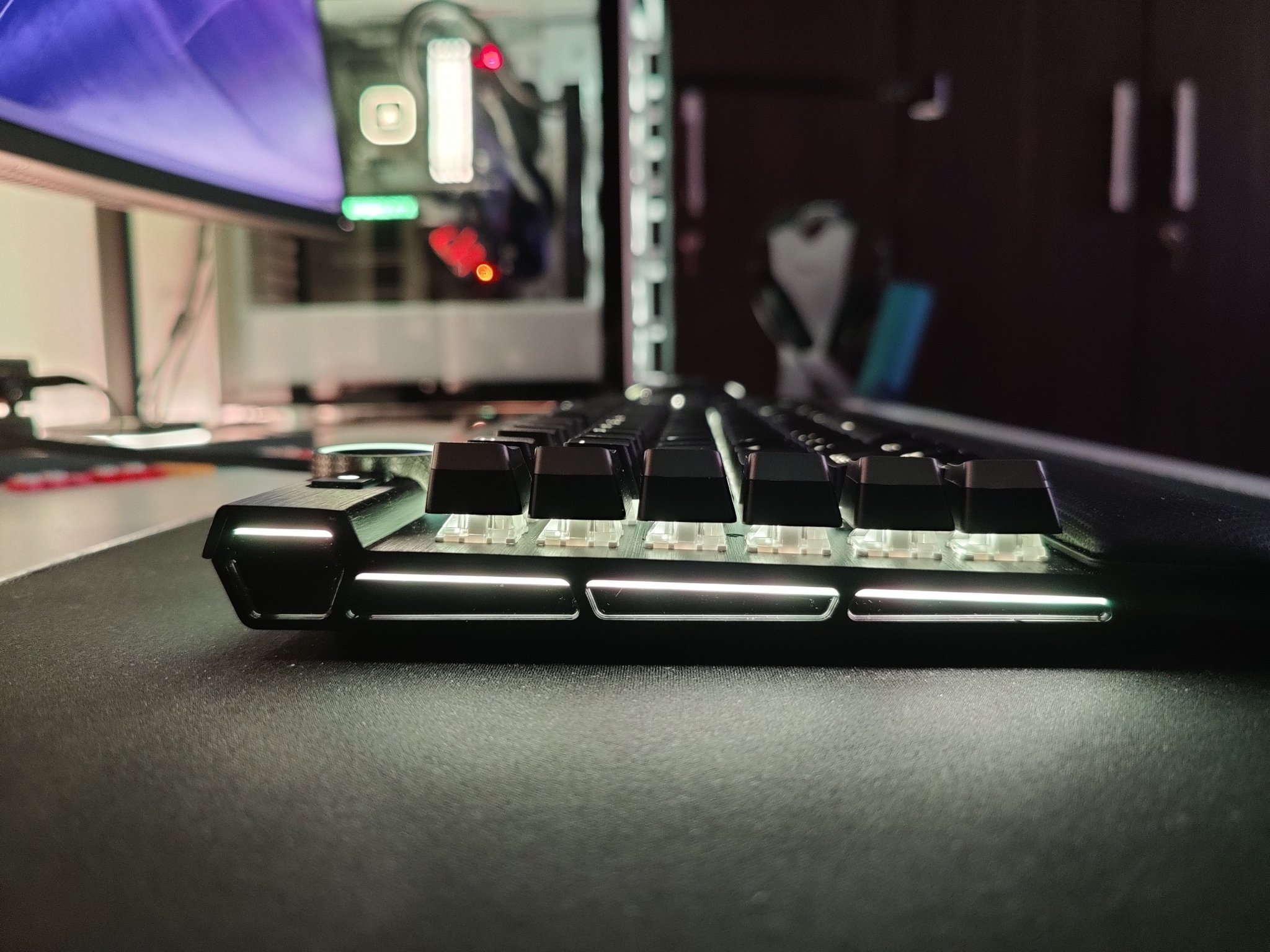
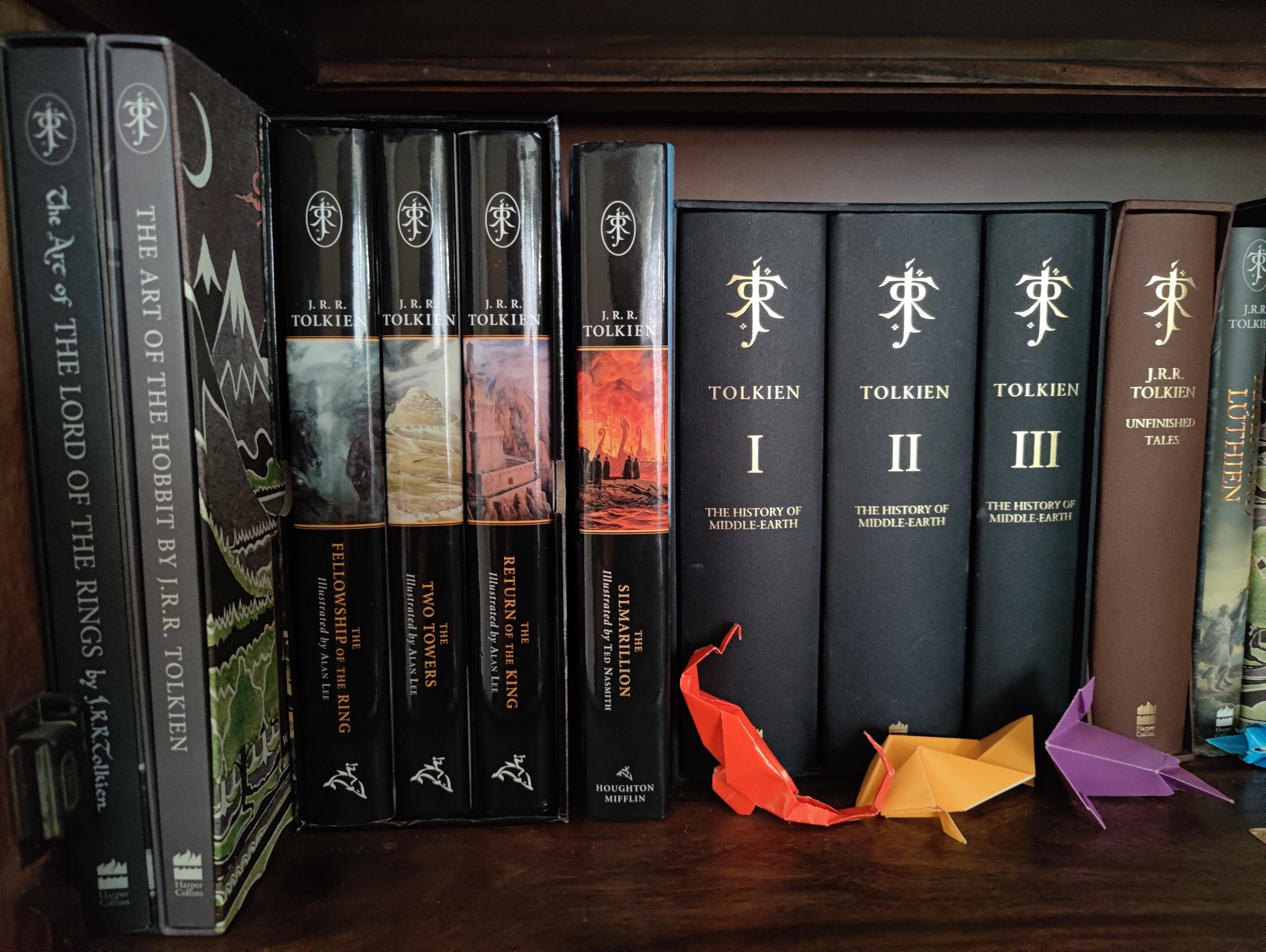
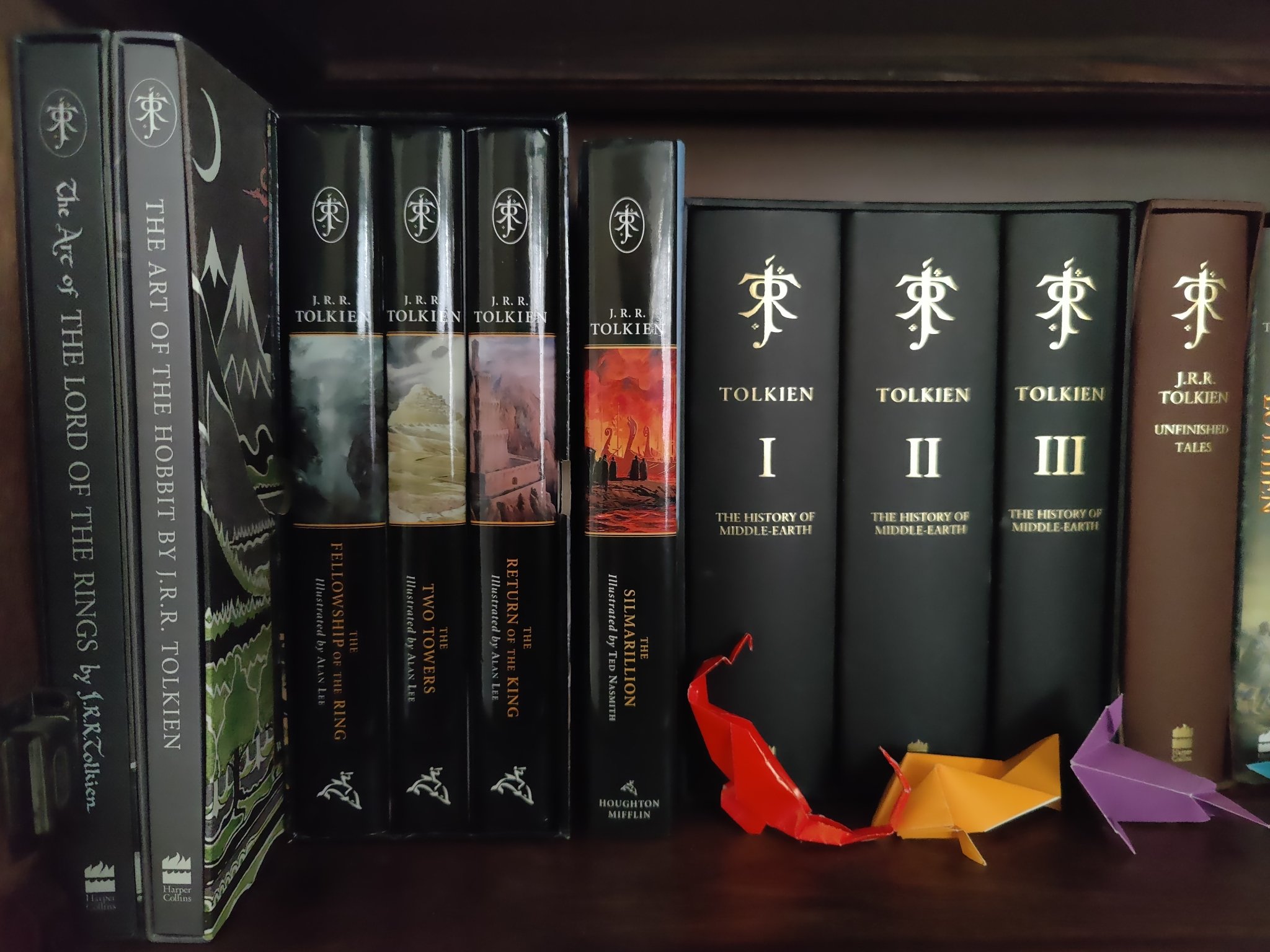

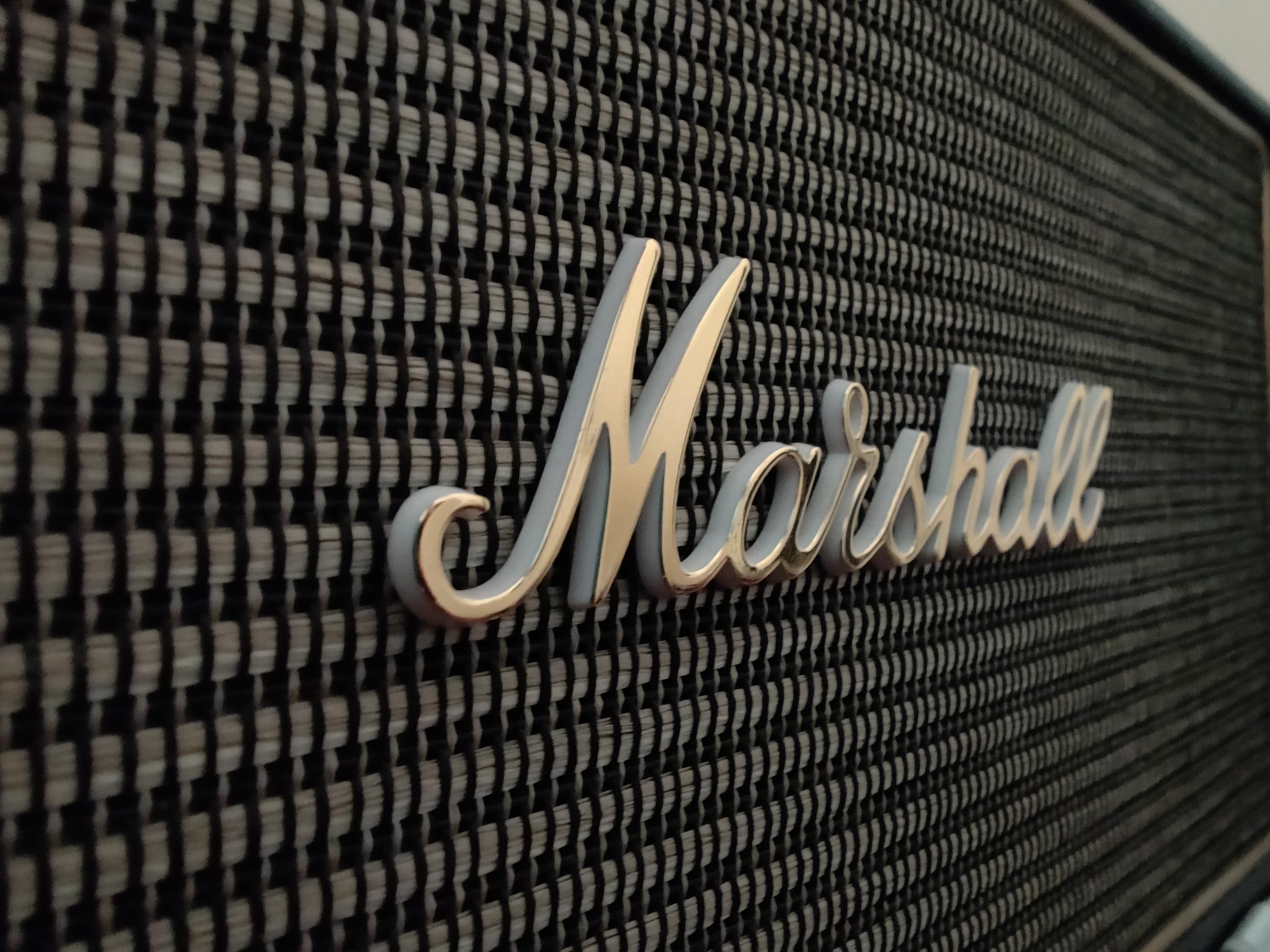
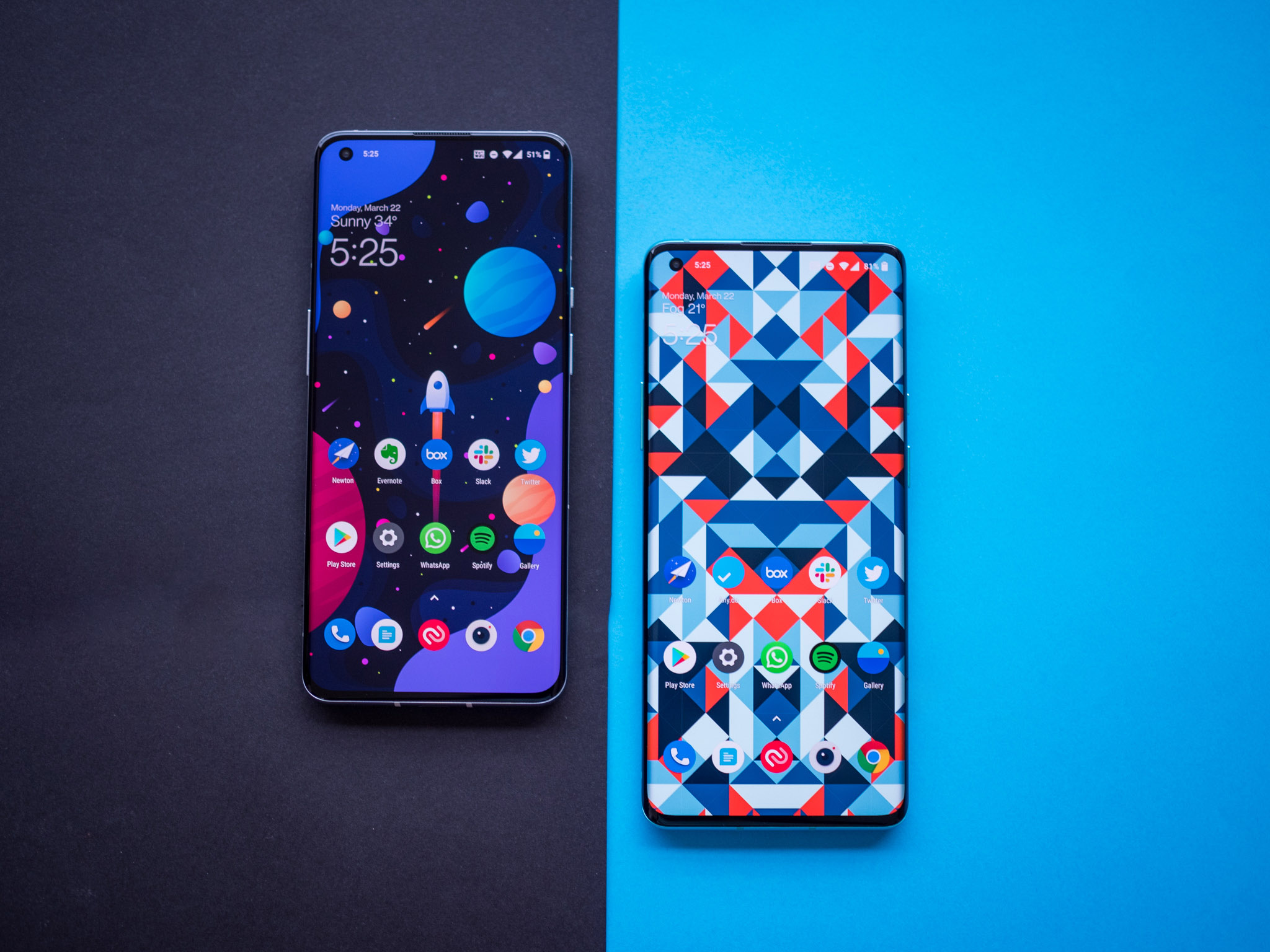
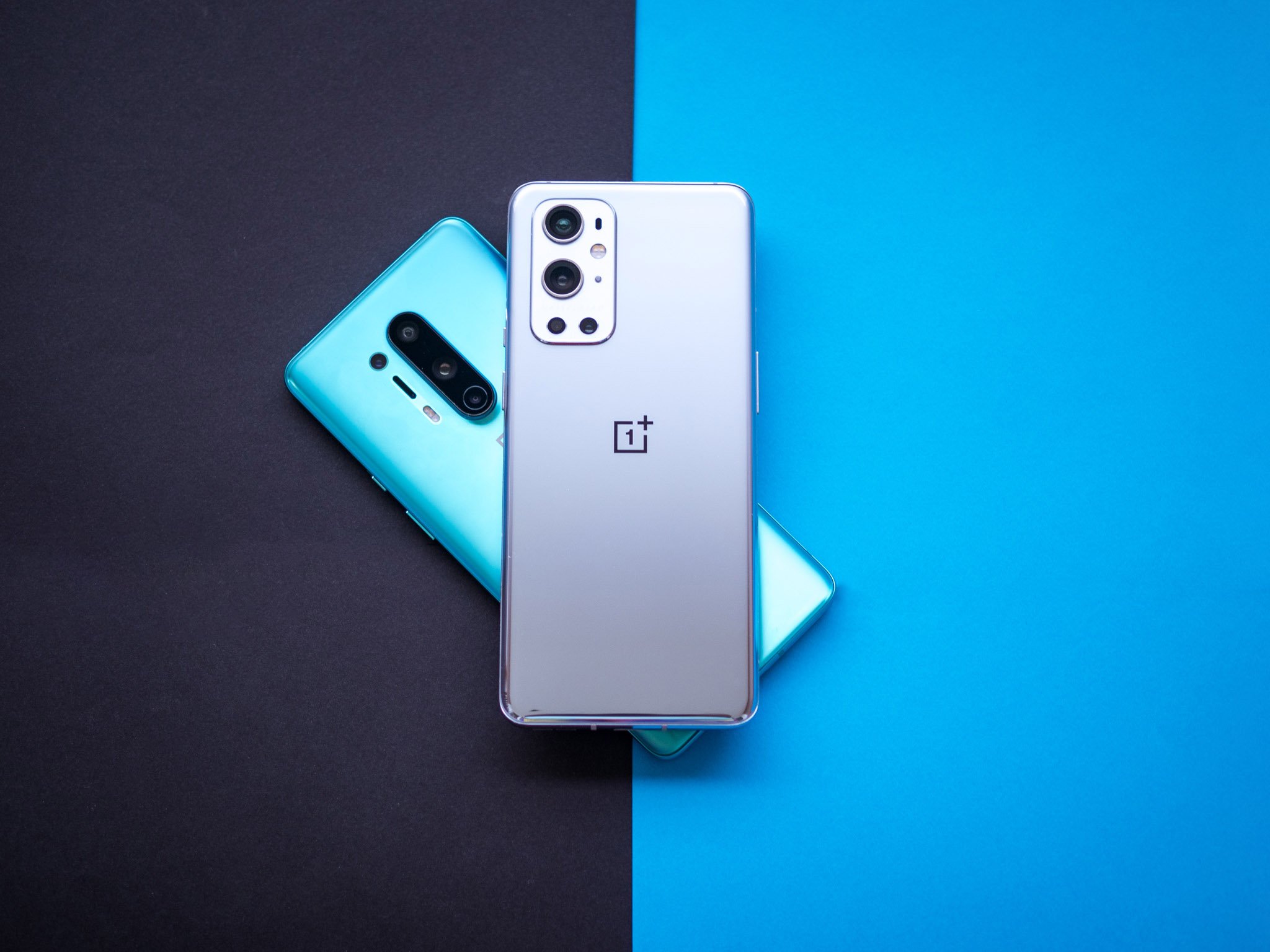
Tidak ada komentar:
Posting Komentar